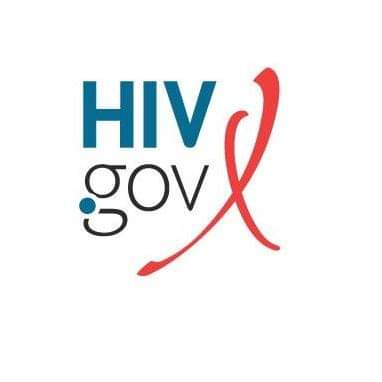By Adesuwa Ehimuan
Stakeholders have called on media agency to intensify efforts in sensitizing the public on the need to go for regular checkups to ascertain their status on HIV/AIDS.
The zonal coordinator of Nigeria Agency For The Control of AIDS (NACA) South-South, Mrs Uduak Daniels, made the call at a three day HIV media advocacy workshop held in Cross Rivers State.
Mrs Daniels stressed that the Immunodeficiency Virus (HIV) is an infection that attacks the body’s immune system, specifically the white blood cells which led to the destruction of the cells, weakening a persons immunity.
She noted that the World Health Organisations (WHO) recommends that every person who may be at risk of HIV should access testing, adding that people diagnosed with HIV should be offered and linked to antiretroviral treatment as soon as possible following diagnosis.
She said if taken consistently, the treatment could also prevents HIV transmission to others. Quoting figures, The Nigeria AIDS Indicator and Impact Survey (NAIS) conducted in 2018 and PLHIV spectrum estimates 2018 show that states within south south geopolitical zone that are considered high prevalence states included Akwa Ibom and Rivers State have (5.5 percent and 3.8 percent), Others includes Cross-River (2.0 percent) Edo (1.9 percent), Delta (1.9 percent) and Bayelsa (1.9 percent).
The NACA zonal boss who noted that media agencies play a very vital role in influencing every society, said media agencies have been encouraged across south- south, Nigeria to create platform for more public enlightenment and discussion to downplay the traditional belief that HIV/AIDS is a death sentence.
Delivering a lecture on writing for ear and the heart: Humanising your HIV stories. One of the facilitators, Mr Fayman Omini, hinged his claim of media agencies on the use of 4Cs of broadcast writing which are Correction, Clarity, Conciseness and Colour or ABC meaning Accurate, Brief and Clear, when writing stories on HIV.
He clamoured for more sensitisation programmes and reportage on stigmatisation of people living with HIV and appropriate terminologies should be used during broadcast.
Mr. Omini explained that HIV cannot be contracted through hugging, touching, shaking hands, sleeping on the same bed, use of the same toilet facilities, eating with the same plates, sharing of cutleries.
He stressed that stigma, silence, discrimination and denial, as well as lack of confidentiality, undermine prevention, care and treatment efforts and increase the impact of the epidemic on individuals, families, communities and nations.
Mr. Omini said the emotional well-being of PLHIV should always be protected in order for them to live long and productive lives.
